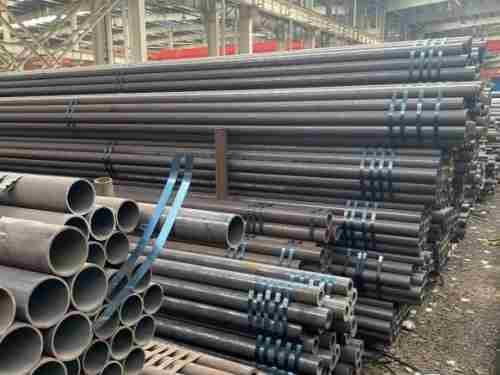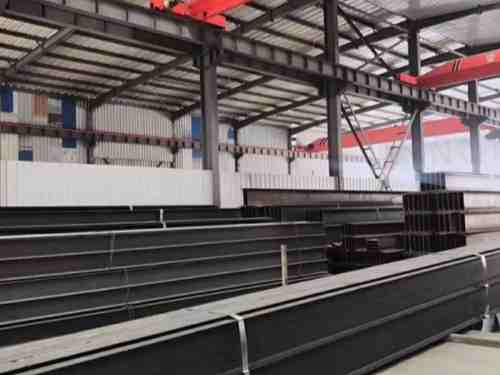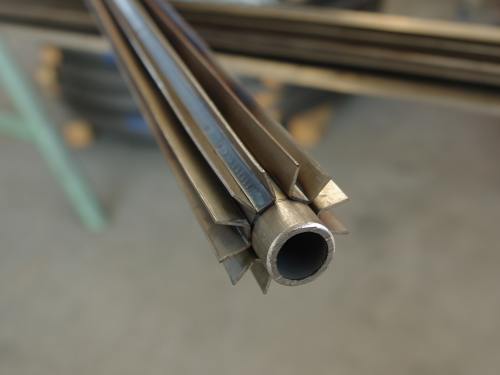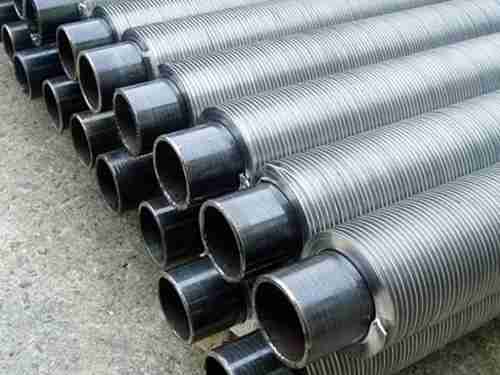Seamless steel pipes (SMLS pipes) are widely used in the transportation of oil, natural gas, water, and other fluids. Because these applications demand high safety, reliability, and durability, SMLS pipeline pipes must comply with strict international and national standards. Below is an overview of the most important and commonly used standards for seamless pipes in pipeline systems.
API SPEC 5L (American Petroleum Institute – Line Pipe Standard)
Overview: API 5L is the most widely adopted standard for line pipes in the global oil and gas industry. It applies to both seamless and welded steel pipes for pipeline transportation.
Key Features:
PSL1 vs. PSL2:
PSL1 covers general pipeline applications with basic chemical and mechanical requirements.
PSL2 imposes stricter limits on chemical composition, impact toughness, non-destructive testing, and traceability.
Steel Grades: From Grade A to high-strength grades like X42, X52, X60, X65, X70, and X80. For example, API 5L X52 indicates a minimum yield strength of 52 ksi.
Corrosion Resistance: High-grade pipelines may include resistance to sulfide stress cracking (sour service) and CO₂ corrosion.
Applications: Long-distance oil & gas pipelines, gathering systems, and distribution networks.
ASTM / ASME Standards (U.S. Standards for Seamless Pipes)
While API 5L dominates line pipe applications, ASTM/ASME seamless pipe standards are widely used in refineries, chemical plants, power plants, and other industrial piping systems.
ASTM A106 / ASME SA-106
Carbon steel seamless pipes for high-temperature service.
Grades A, B, C (Grade B most common).
Applications: Petrochemical, power generation, and high-pressure fluid pipelines.
ASTM A333 / ASME SA-333
Carbon and alloy seamless pipes for low-temperature (cryogenic) service.
Grades Gr.1, Gr.3, Gr.6 (Gr.6 widely used).
Applications: LNG transport, cryogenic storage, cold-region pipelines.
ASTM A335 / ASME SA-335
Ferritic alloy seamless pipes for high-temperature, high-pressure service.
Grades P1, P2, P5, P9, P11, P22, P91, P92 (Cr-Mo alloy steels).
Applications: Steam pipelines, boilers, superheaters, furnace tubes.
ISO 3183 (International Standard for Line Pipes)
Overview: Specifies technical requirements for pipeline transportation in the oil & gas sector, covering both seamless and welded pipes.
Relationship to API 5L: Closely aligned with API 5L, often used interchangeably in global projects.
Chinese Standards for Seamless Pipeline Pipes
GB/T 9711 – Petroleum & Natural Gas Industry Line Pipes
Equivalent to API 5L and ISO 3183.
Includes PSL1 and PSL2 levels.
Grades: L245 (B), L290 (X42), L360 (X52), L415 (X60), L450 (X65), L485 (X70), etc.
GB/T 8163 – Seamless Pipes for Fluid Transport
For general fluid transmission, not as specialized as GB/T 9711.
GB/T 5310 – High-Pressure Boiler Seamless Tubes
Used in high-temperature, high-pressure environments like power plants.
Grades include 20G, 12Cr1MoV, 15CrMoG.
Key Factors When Selecting Seamless Pipe Standards
Project Location & Export Needs – Standards vary by country or region.
Transport Medium – Corrosiveness (sour gas, CO₂, chlorides), pressure, and temperature.
Environment – Onshore, offshore, arctic, or seismic areas.
Engineering Specs – Project designs often specify required pipeline standards.
Cost vs. Performance – Balance material grade, durability, and budget.
Conclusion
SMLS pipes are the backbone of oil, gas, and water pipeline systems. By choosing the right international or national standard, operators ensure safety, efficiency, and long-term reliability of pipeline projects.

 English
English Español
Español











